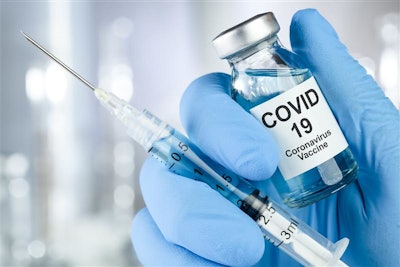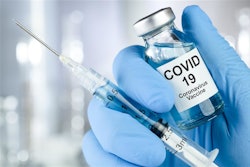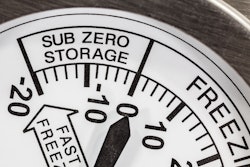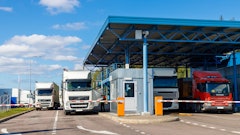INFORM GmbH, a leading global provider of intelligent optimization solutions for airlines, airports and ground handlers, supports the security of the cold chains of these thermal transports. The fleet of now 20 thermo vehicles has a computerized control of the refrigeration. Special dialogs have now been built into the existing software, through which the driver can recognize the temperatures to be maintained, check them, and electronically document exact compliance. The solution thus makes an important contribution to the unbroken cold chain. "The upcoming distribution of vaccines will be a mammoth task that will tie up our capacities for many months," says Stefan Reiss, senior operation manager, Fraport. "The safety and reliability of the transport is our top priority. So, it's only natural that we improve our existing systems once again."
The modification of the existing cargo transport system was specifically commissioned with the safety of the upcoming vaccine transports in mind and was implemented on short notice. "The INFORM and Fraport teams worked together in a very coordinated manner," Reiss said. "The fast and flexible approach allowed us to go live within a few days. Our partner, INFORM, responded quickly here and supported the specification process with their expertise." The software changes now make it possible to document quality assurance even better. In addition, the system generates the aspects of preparation for other thermal units, such as heating up or cooling down the units in time, so that then they already have the required temperatures during transport.
The new dollies are called "Cool Box". They enable temperature-sensitive products to be transported with pinpoint accuracy within a range of minus 20 to plus 30 degrees Celsius. Each transporter consists of two cabins that can be efficiently accessed from both sides. Each cabin is also equipped with an individual controllable cooling system. Even with the engine off and an outside temperature of 30 degrees Celsius, one cabin maintains the desired temperature for more than 60 minutes. The transporters continuously transmit up-to-date information on the load via an electronic temperature monitoring and tracking system.















